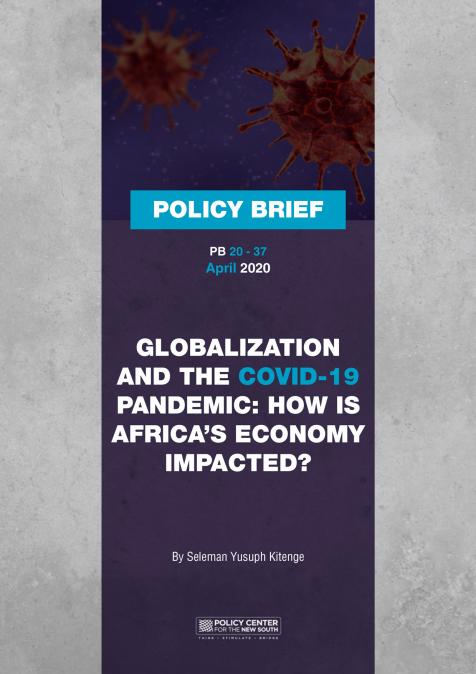Publications /
Policy Paper
This paper was originally published on erf.org.eg
The digital divide in the financial sector has occurred through the development of financial technologies. These latest “FinTech” refers to technological innovations that have emerged in the financial system in recent years, which are the new channels for providing financial services. These innovations have disrupted traditional financing models by making financial transactions more secure and by reducing spatiotemporal constraints. The purpose of this paper is to investigate 1) the digital financial inclusion levels across the MENA countries? 2) which segments of the population are digitally financially excluded? 3) How the digital divide could preclude some segments from being financially included as a result of a lack of financial literacy (risks)? 4) and how FinTech could promote financial inclusion of segments excluded by the conventional financial system (women, elderly) and therefore the inclusive development of the MENA region (opportunities). To tackle these issues, we employed a mixed methodological approach (quantitative and qualitative) and by mobilizing micro-level data on 9,053 individuals extracted from the World Bank's latest Global Findex 2021 database. First, our comparative analysis mobilizing the principal component analysis method to develop a Digital Financial Inclusion Index (DFII) highlighted that despite the various initiatives that have been undertaken in recent years, digital financial inclusion in the MENA region remains at a low level compared to other countries worldwide. Second, the results of the estimations on a Logit model pointed out that the educational level, labor force participation, information and communication technologies, and internet access are the main drivers of digital financial inclusion in the MENA region. Our work is original in that it provides grounded empirical evidence on the digital financial inclusion levels across MENA countries and investigates how to ensure that the digital divide in the financial sector "Financial Technologies" does not further exclude segments of the population (women, elderly...) financially excluded by the conventional financial system by increasing their digital financial literacy, promoting their participation in the labor market, and expanding access to mobile phones and the Internet. Considering the comprehensiveness of our sample, policy implications will be of great interest to financial sector regulators in MENA region to improve digital financial inclusion in the region, as these implications have been drawn from the micro-level experiences of individuals constituting our database.






